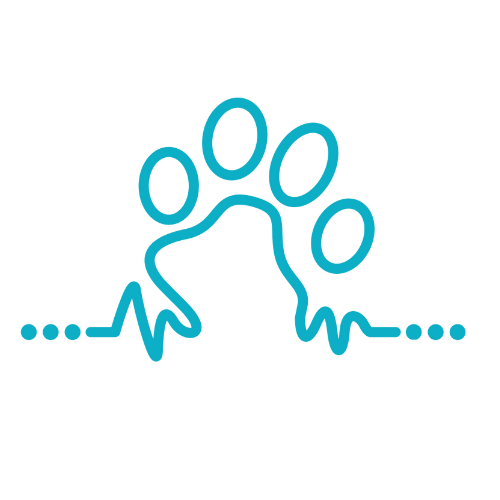Dental problems in pets are most typically seen as dental plaque, tartar and gum inflammation, known as gingivitis.
Let’s have a look at what all this means.
PLAQUE AND TARTAR
Dogs cant clean their teeth like we can, so plaque gradually begins to form on the sides of the teeth. It’s a mixture of minerals and salts from the salivary glands, food particles and bacteria. The problem is that once you have a little bit of buildup it is very easy for it to get out of control. Soon enough there can be a yellow grey look and furry feel to the sides of the teeth.
BAD BREATH
Before you see plaque buildup you will notice your dog having unusually bad breath. A friendly lick soon becomes no fun at all.
GINGIVITIS
The reddening, swelling and infection of the gums is known as gingivitis. Its not just the smell that’s the problem, the gums retract and cause pain and infection which will cause problems with eating, tooth decay, and in bad cases, no teeth at all.
WHAT CAN THE VETS DO
Unfortunately dogs and cats aren’t good at sitting still with their mouths open, so they require a general anaesthetic to have their teeth cleaned.
All tartar is cleaned off using instruments quite similar to those used on our teeth, and teeth which are very badly affected with decay are gently removed. Your pet may need a short course of antibiotics to control infection.
WHAT CAN YOU DO
If any teeth have been removed, think of it as your mouth. Feeding soft food is better than trying to get your pet to chew sore food with a sore mouth. If your pet has had multiple teeth removed it may be a good idea to flush their mouth with a syringe full of water to ensure there is no food in the hole left by the tooth
To prevent dental disease try and encourage chewing as this will crack any tartar build up off the teeth, providing bones (uncooked) or dental treats such as ‘Greenies’ & ‘Dentastix’ will help. You can also purchase mouth washes for animals such as ‘Aquadent’ & ‘Hexarinse’ which can be added to your pets water which will help to prevent gingivitis.
The best possible prevention is daily brushing, we stock both tooth brushes and paste for the dedicated owners.
Remember small breed dogs, or hairy breeds such as maltese, shih-tzu or poodles will tend to have more dental problems than your larger type breeds such as labradors and kelpies.
The exception to this rule is grey hounds, they tend to develop dental disease as they age and will require attention.
